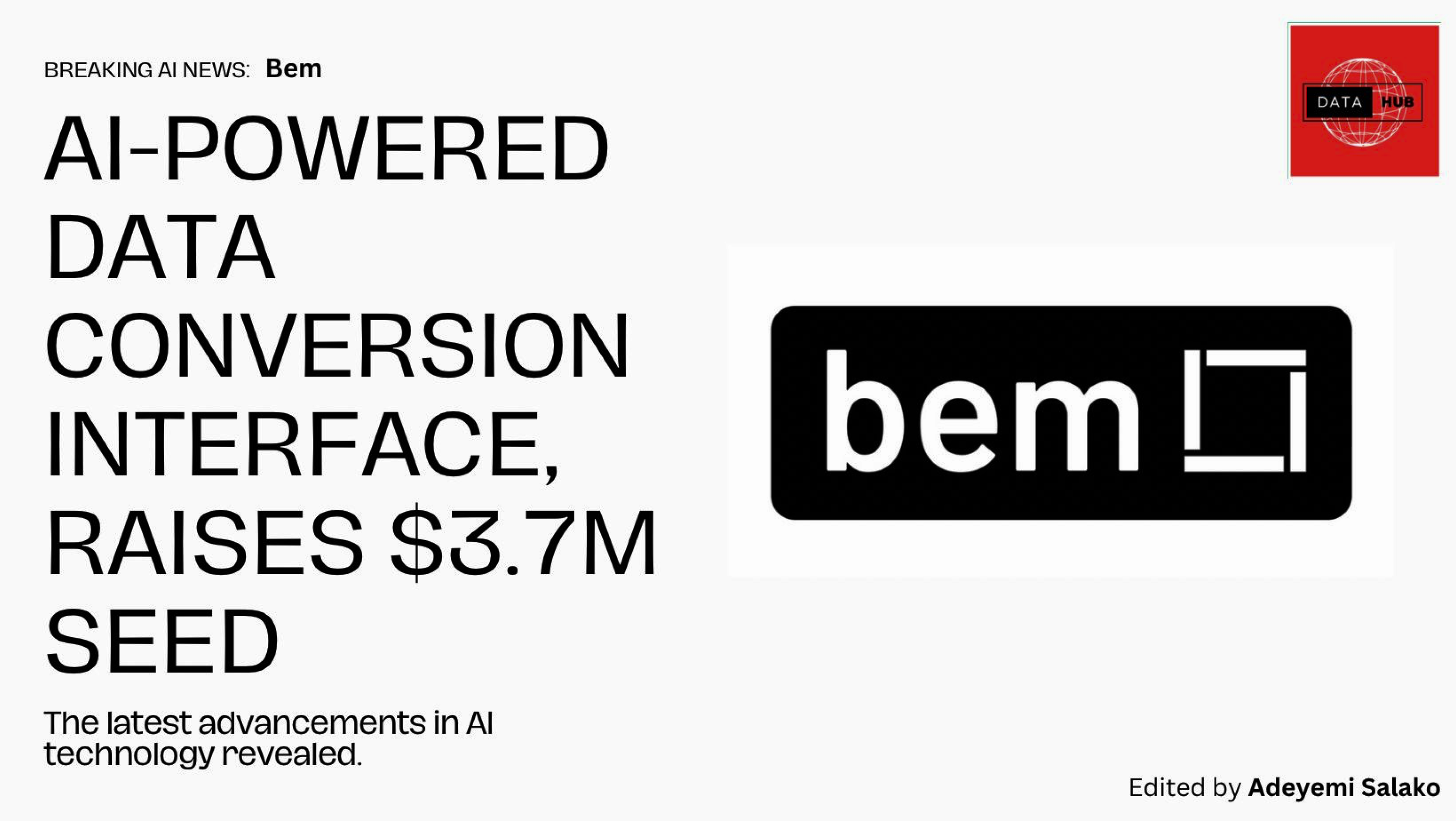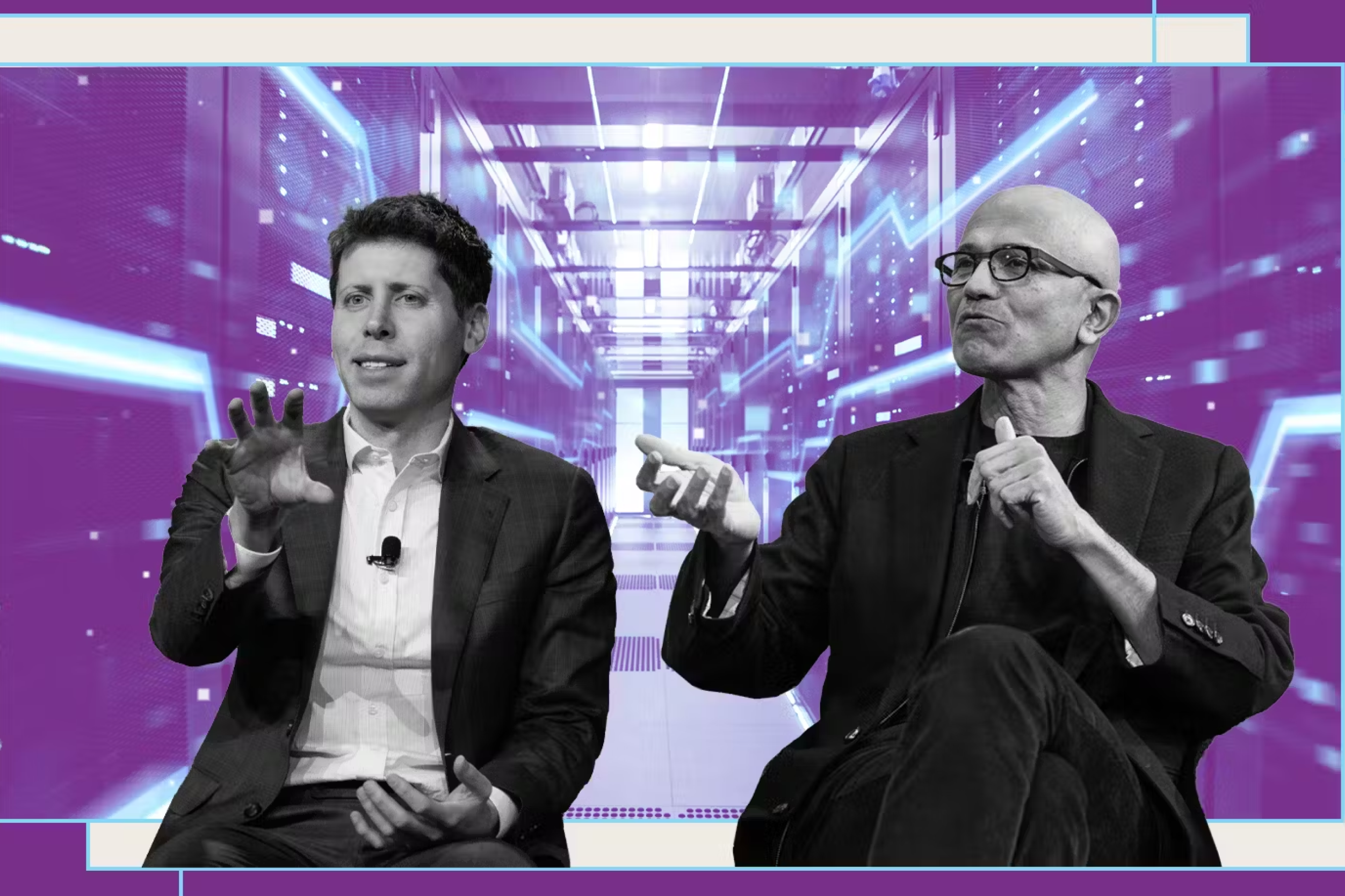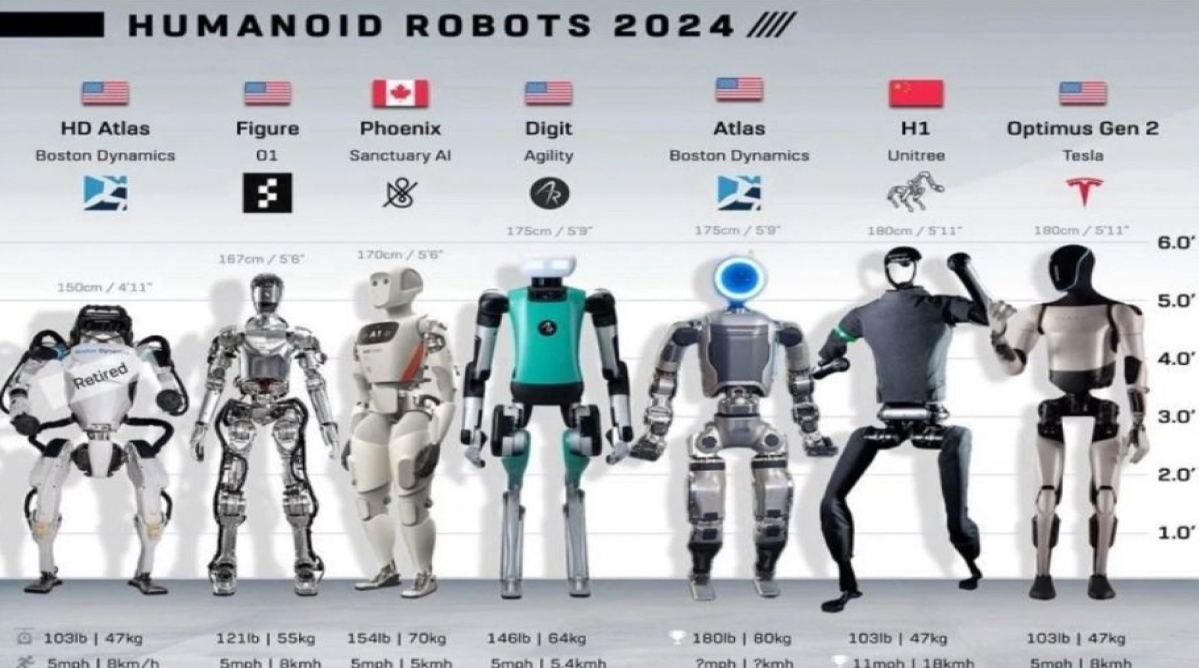Exclusive Interview: Samuel Fanijo, Founder, EpigeNeuro.AI

As a pioneering entrepreneur in the field of AI and digital health, Samuel Fanijo has made remarkable strides in transforming the landscape of biomedical research. With an impressive career that spans roles at Google, SCIDaR, and now as the founder of EpigeNeuro.AI, Samuel has dedicated himself to leveraging AI for social good. His work is particularly focused on addressing age-related diseases through innovative approaches in multi-omic data integration. In an exclusive interview, Samuel shares insights into his journey, the inspiration behind EpigeNeuro.AI, and how his cutting-edge solutions are poised to redefine drug discovery and healthcare.
Mojeed Abisiga: Welcome to the DataGlobal Hub AI Startup Spotlight Series, Samuel. It’s a pleasure to have you with us today.
Samuel Fanijo: Thank you! I’m thrilled to be here and share our journey with EpigeNeuro.AI.
Mojeed Abisiga: Let’s dive right in. What sparked the idea for EpigeNeuro.AI?
Samuel Fanijo: It was a combination of my professional experiences and personal observations. Throughout my career, I’ve seen the massive inefficiencies in traditional drug discovery processes, especially for age-related diseases. My work in bioinformatics and digital health revealed the potential of AI and multi-omic data integration to significantly accelerate these processes. I realized there was a unique opportunity to improve how we identify and target these diseases by considering aging as a key factor. That’s how EpigeNeuro.AI was born.
Mojeed Abisiga: That’s fascinating. Can you tell us more about how EpigeNeuro.AI’s technology actually works?
Samuel Fanijo: Sure! Our model uses advanced AI algorithms to analyze vast amounts of multi-omic data, which includes genomics, proteomics, metabolomics, and more. By integrating these different data types, we gain a comprehensive view of the biological processes involved in aging and age-related diseases. We use aging as a biomarker, which means we look for overlaps between aging and disease signatures to identify gene targets that can address both. This holistic approach allows us to identify potential treatments more quickly and cost-effectively compared to traditional methods.
Mojeed Abisiga: How do you see EpigeNeuro.AI transforming the healthcare industry in the coming years?
Samuel Fanijo: In the next five to ten years, I envision EpigeNeuro.AI significantly reducing the time and cost involved in drug discovery. This will make it possible to bring effective treatments to market faster, ultimately improving health outcomes for millions of people. We aim to be a major player in the biotech industry, collaborating with pharmaceutical companies, research institutions, and healthcare providers to enhance their research capabilities and accelerate the development of new therapies.
Mojeed Abisiga: Collaboration seems to be a key element of your strategy. Who are your key partners and how do they contribute to your mission?
Samuel Fanijo: Our key partners include biopharmaceutical companies, research institutions, and genomic data providers. These collaborations are crucial because they provide us with diverse datasets and domain expertise, which are essential for training our AI models effectively. Partnerships with healthcare providers also help us validate our findings and ensure that our solutions are practical and impactful in real-world settings. Together, we are working towards a common goal of advancing healthcare through innovative technology.
Mojeed Abisiga: Your career has been impressive, to say the least. Could you share some milestones that have significantly shaped your journey?
Samuel Fanijo: Certainly. One of the most significant milestones was my work at the Solina Center for International Development and Research (SCIDaR) in Nigeria. There, I led several digital health initiatives, including a program that improved HIV/AIDS care through digital health infrastructures. This project significantly increased viral suppression rates and improved healthcare outcomes for over 200,000 people. Another milestone was leading a vaccination program that successfully vaccinated over 400,000 children against preventable diseases. These experiences reinforced my belief in the power of integrating technology with healthcare to achieve impactful results.
Mojeed Abisiga: Balancing academic pursuits with entrepreneurial efforts can be challenging. How do you manage it?
Samuel Fanijo: It’s definitely a juggling act, but I see my academic research and entrepreneurial efforts as complementary. My research focuses on using AI for social good, which directly aligns with the mission of EpigeNeuro.AI. I also leverage my academic network for collaborations and stay updated on the latest advancements. Time management and having a clear vision for both my academic and business goals help me maintain this balance.
Mojeed Abisiga: What advice would you give to aspiring entrepreneurs in the AI and digital health sectors?
Samuel Fanijo: My advice would be to focus on solving real-world problems and use technology as a tool for impact. Understand the needs of your target market and develop solutions that address those needs effectively. Building a strong network of mentors, partners, and collaborators is also crucial, as they can provide valuable support and insights. Lastly, persistence and resilience are key. The journey of entrepreneurship is filled with challenges, but staying committed to your vision can lead to remarkable achievements.
Mojeed Abisiga: Thank you, Samuel. It’s been a pleasure learning about your journey and the innovative work at EpigeNeuro.AI. We look forward to seeing your continued success.
Samuel Fanijo: Thank you for having me. I appreciate the opportunity to share our story, and I’m excited about the future of EpigeNeuro.AI.
Mojeed Abisiga Chief Editor
Mojeed Abisiga is a LinkedIn Top Voice in Machine Learning and a distinguished leader in the data science and analytics field, recognized as one of the Top 50 ML & Data Science Experts. With a following of over 15,000 on LinkedIn, Mojeed simplifies complex data science & analytics concepts for a bro...
Other Articles

Meta's Groundbreaking Open Source Segmentation Model for Videos and Images
On July 29, 2024, Meta announced the release of SAM 2, the next generation of their Segment Anything Model (SAM), supporting real-time object segmentation in both images and videos.
Read More

Bem, an AI-Powered Data Conversion Interface, Raises $3.7M Seed
Bem (a data interface that transform any input both structured or unstructured data into any data shape you need without configuration) announced that they have successfully raised $3.7m in seed funding for expansion.
Read More

Microsoft & Open AI have made plans to build a $100 billion AI supercomputer called “stargate”
This particular computer is rumored to be one of the largest and most advanced data centers in the world. It could take up several hundred acres of land, and require up to 5 gigawatts of power.
Read More

The Humanoid Robot Race
You think there’s only an LLM race? There is also a low-key Hummanoid Robot race ! in a fight to death, who wins
Read More